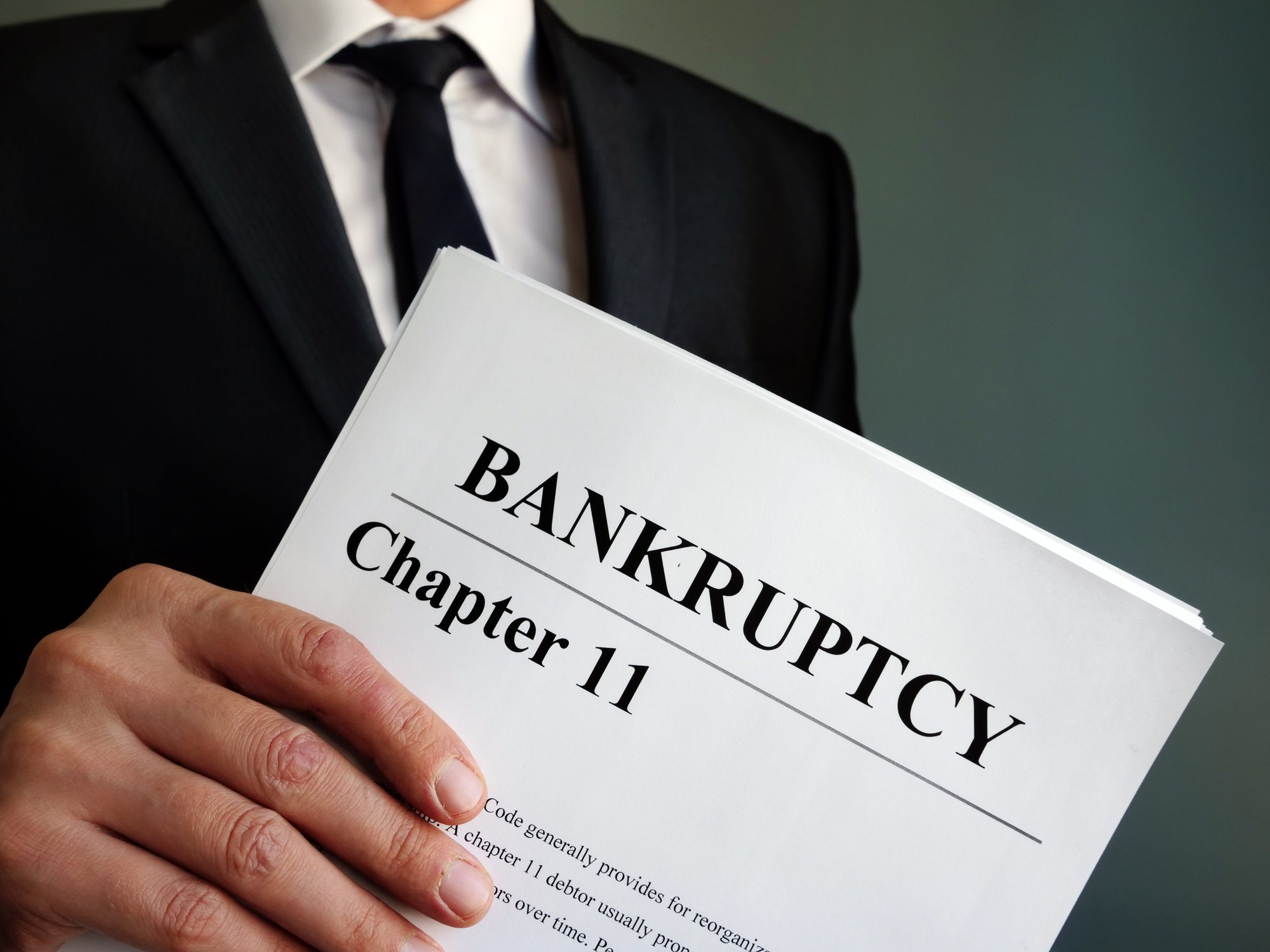The energy industry has gone through a lot of turmoil in recent years. Oil and natural gas prices have fallen dramatically from much higher levels in the early 2010s, with crude in particular having fallen from triple-digit levels to just over $20 per barrel. That's had a huge impact on many exploration and production companies, pushing some of them to the brink of failure.
Chesapeake Energy (CHK +0.00%) has been one of the hardest hit stocks in the energy sector, with shares down more than 99.5% since late 2014. With the stock trading at just $0.14 per share recently, Chesapeake has decided to resort to what for many companies proves to be a last-gasp effort to stay financially viable: doing a reverse stock split. The move should ensure that Chesapeake stock will keep trading on the New York Stock Exchange for now, but it raises the more important question of whether it'll actually help the company regain its former stature as a leader in the industry.
What Chesapeake's doing
Chesapeake announced that it would do a 1-for-200 reverse stock split. What that means is that for every 200 shares of Chesapeake stock investors currently own, they'll receive just a single share back. Theoretically, after the reverse split is complete, the per-share price of the stock should be 200 times greater than it was previously. So an old $0.14 per share price should translate to new shares at $28 each.

Image source: Chesapeake Energy.
Economically, splits shouldn't have any real impact on the overall value of the company. In Chesapeake's case, the oil and gas producer has about 1.94 billion shares outstanding, for a market cap of around $270 million. After the reverse split is complete, Chesapeake will have just 9.7 million shares left. Keep the market cap constant and do the math, and you get right around $28 per share.
Do reverse splits ever help a company recover?
The immediate reason for Chesapeake to do a reverse stock split involves exchange listing requirements. Companies have to keep a share price above $1 in order to meet NYSE guidelines, and so the reverse stock split will get Chesapeake's shares up well over the $1 mark.
What often happens, though, is that a stock that does a reverse split merely keeps falling in value. One reason is that it's difficult for short-sellers betting against a stock to borrow shares when the price is low, but it's easier once share prices return to more typical levels. By enabling a new round of short selling, reverse stock splits can ironically accelerate a stock's decline.
However, there are a few instances in which companies have used reverse stock splits to their advantage, buying time to recover. One of the biggest is Booking Holdings (BKNG 0.84%), which did a 1-for-6 reverse split in its former name of Priceline Group back in 2003. The online travel giant had suffered greatly during the dot-com bust, but the company has roared back, climbing from its post-split level of $22 per share to trade at $1,450 even after seeing big losses in the coronavirus bear market.
Yet even when reverse stock splits are successful, companies rarely get back to their full former glory. Discount brokerage specialist E*Trade Financial (ETFC +0.00%) and private prison operator CoreCivic (CXW 0.43%) did reverse splits, and their shares gained ground following the moves. However, neither stock is anywhere near returning to the share prices they commanded before their respective moves.
What it'll take for Chesapeake to survive
Unfortunately for Chesapeake, avoiding delisting is the least of its problems. Rock-bottom oil prices have made it extremely difficult for the oil and gas producer to generate revenue, and it only has months before it needs to pay down hundreds of millions of dollars' worth of debt. Asset sales have been a go-to method for energy companies to generate cash in a pinch, but there aren't many buyers in today's dour environment. Similarly, selling stock in a secondary offering isn't a viable option for Chesapeake right now.
If oil prices were to recover sharply, then the extra time Chesapeake's buying with a reverse stock split might be enough to see it through. More likely, though, the energy producer will watch the clock run out and have to resort to more extreme measures such as bankruptcy to keep itself operating well into the future.








